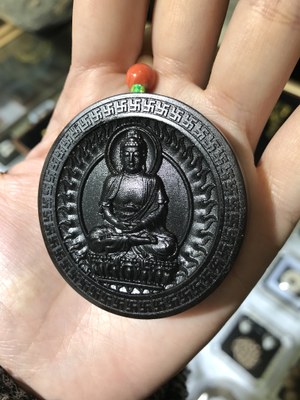New wildlife product demand reduction study reveals rising affluence and travel abroad drives consumption in China
Among the general population the study found that 10 percent bought elephant parts or products, 8 percent bought rhino parts or products, 7 percent bought pangolin parts or products, and 4 percent bought tiger parts or products in the past 12 months. The reasons for purchasing elephant ivory center around beliefs that it is rare, pure or spiritual, beautiful and brings good luck or fortune. For rhino, pangolin and tiger, a significant reason for purchase is the perceived health benefits of these products.
Commissioned by the U.S. Agency for International Development Wildlife Asia (USAID Wildlife Asia) Activity, the Research Study on Consumer Demand for Elephant, Pangolin, Rhino and Tiger Parts and Products in China also found that among the general population, less than 20 percent believe owning and/or buying elephant, rhino, pangolin and tiger parts and products is socially acceptable. However, among the buyers of these products in the past 12 months, the majority (85 percent for elephant, 76 percent for rhino, 67 percent for pangolin, 69 percent for tiger) think that owning and/or buying these wildlife parts and products are socially acceptable.
“This research provides us a clearer picture of the demand for wildlife parts and products among Chinese consumers. The findings will not only benefit the development of USAID Wildlife Asia’s demand reduction campaigns, but also other organizations who are working in the same field,” said Dr. Miles Toder, Senior Development Counselor, U.S. Embassy, Beijing.
The report summarizes the comprehensive research conducted on consumer demand for ivory, tiger, rhino and pangolin parts and products in China. The study was conducted by USAID Wildlife Asia in collaboration with Beijing Normal University and GlobeScan, a market research organization.
Among those who bought elephant products in the past 12 months, 93 percent bought ivory. Of those who bought rhino, 84 percent bought horn parts or products, while of those who bought pangolin, 78 percent purchased scales. Among those who purchased tiger, 47 percent bought parts/products of tiger bone while 32 percent chose tiger skin. The majority of buyers in the past 12 months intend to repeat their purchase. Eighty-two percent of ivory buyers, 77 percent of rhino buyers, 68 percent of pangolin buyers, and 68 of percent tiger buyers say they plan to buy these products again in the future.
The Chinese government announced a domestic trade ban of ivory in 2016 which took full effect at the end of 2017. The USAID Wildlife Asia survey was conducted in early 2018, and showed that 44 percent of respondents were aware of the ivory ban.
“The findings of this research show that the fight to counter the illegal wildlife trade needs the involvement of many other sectors in China,” said Dr. Aster Li Zhang, Principal Investigator, Beijing Normal University. “To overcome this challenge, we have to move strategically, and coordinate our effort with NGOs, the private sector, and all stakeholders who are involved in consumer demand reduction, not just in China but in other countries.”
The quantitative study included a representative sample of 1,800 Chinese citizens aged 18 and older in urban centers of six selected cities in mainland China: Beijing, Shanghai, Guangzhou, Harbin, Kunming and Nanning.
Links to research materials:
- Research Study on Consumer Demand for Elephant, Pangolin, Rhino and Tiger Parts and Products in China (English)
- Research Study on Consumer Demand for Elephant, Pangolin, Rhino and Tiger Parts and Products in China (Chinese)
- Info Sheet - Research Study on Consumer Demand for Elephant, Pangolin, Rhino and Tiger Parts and Products in China (English)
- Info Sheet - Research Study on Consumer Demand for Elephant, Pangolin, Rhino and Tiger Parts and Products in China (Chinese)


